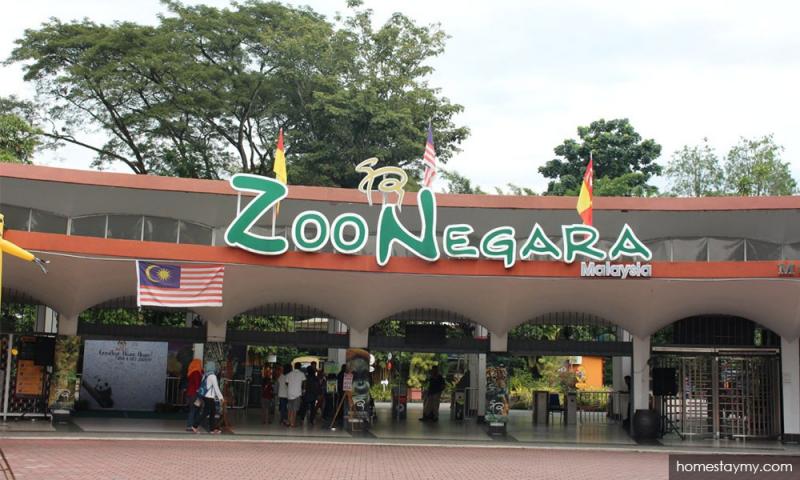LETTER | Covid-19: Goodbye, Zoo Negara Malaysia ...
LETTER | Zoo Negara Malaysia’s plight, and their need for financial assistance from the public, was highlighted by major newspapers in Malaysia last week, and concerned social media users have also utilised those platforms to help spread awareness regarding the urgency of the matter, and made requests for donations in the hopes of helping the zoo.
The imposing of the movement control order (MCO), which took effect on March 18, has affected Zoo Negara as the lack of donations and ticket sales have forced it to use its emergency funds to cover operating costs and it now has around only three months left to survive financially before the accounts run dry.
Many people in this country will have fun family memories of going to the Zoo Negara when they were kids, remembering going to a zoo and remembering having fun with the family at the zoo. They may have been in awe of the magnificent species they saw at the zoo or they may have been inspired by the diversity of wildlife they saw there too. Some people trace their love of animals or wildlife to their visits to Zoo Negara as well.
Of course, it is not ideal to keep animals away from their natural habitat, but human activity has caused problems that threaten wild animal populations. This involves the spraying of pesticide, the deforestation and cutting down of forests and the hunting of rare and endangered animals for their meat, skin and other parts.
Such human activities are affecting the efforts to conserve the endangered animals. Under human influence, more species have become threatened in the 21st century than any other time.
For the past 57 years, Zoo Negara has been working towards being one of the world's premier zoological parks and aquaria. Today, Zoo Negara serves an important purpose beyond entertainment and is vital to the future of the animal world.
Some 85 percent of the animals in Zoo Negara were endangered species, and 15 percent are heading to be extinct. Zoo Negara cares for animals whose habitats are in danger and who don’t have a chance without us, and keep them until they can be reintegrated back into the wild once their habitat is stabilised.
Zoos are the assurance in case something goes wrong in the wild. This is one reason why many accredited zoos around the world maintain frozen banks of valuable genetic materials to ensure that we have future generations of wild species.
In 1987, there were only about ten Milky Storks at Zoo Negara, but the population reached 224 birds in 2009. The zoo has given the birds the best conditions for breeding – food and a nesting place away from prying eyes. And with the support of Perhilitan and the Malaysia Nature Society (MNS), these animals were released back into the wild at the Kuala Selangor Nature Park.
Apart from the Milky Stork, there are other species which are also under the zoo's conservation programmes. We know that if these conservation programmes are not done, future generations may not be able to see the species we are seeing today. With zoos and their conservation programmes, there is hope.
Think about what you remember about Zoo Negara? It is most likely the giraffes, zebras, lions and giant pandas - species from Africa or East Asia. But who is worrying about the Malaysian species e.g. Milky Storks, the Malayan Tiger, the Borneo elephants, the Borneo Orang Utan, the Black Shrew, the Malayan Tapir, the Sumatran Rhinoceros and the Sundra Pangolin?
It’s our priority to worry about Malaysian species as it is unlikely that any other country will take their time and money make this programme succeed. Zoos may not be the perfect solutions, but watching species disappear is not the right answer either.
Zoo Negara offers an opportunity for the public to adopt various kinds of animals and help out with their annual food, enrichment and veterinary care. These animals include Samba the lion, Flash the leopard, cute little penguins and many more.
The funds from your donation help the zoo in providing good meals for the animals and healthcare for the various creatures there. If you have a chance to support an entire species from extinction would you turn your back and walk away?
The views expressed here are those of the author/contributor and do not necessarily represent the views of Malaysiakini.
RM12.50 / month
- Unlimited access to award-winning journalism
- Comment and share your opinions on all our articles
- Gift interesting stories to your friends
- Tax deductable
